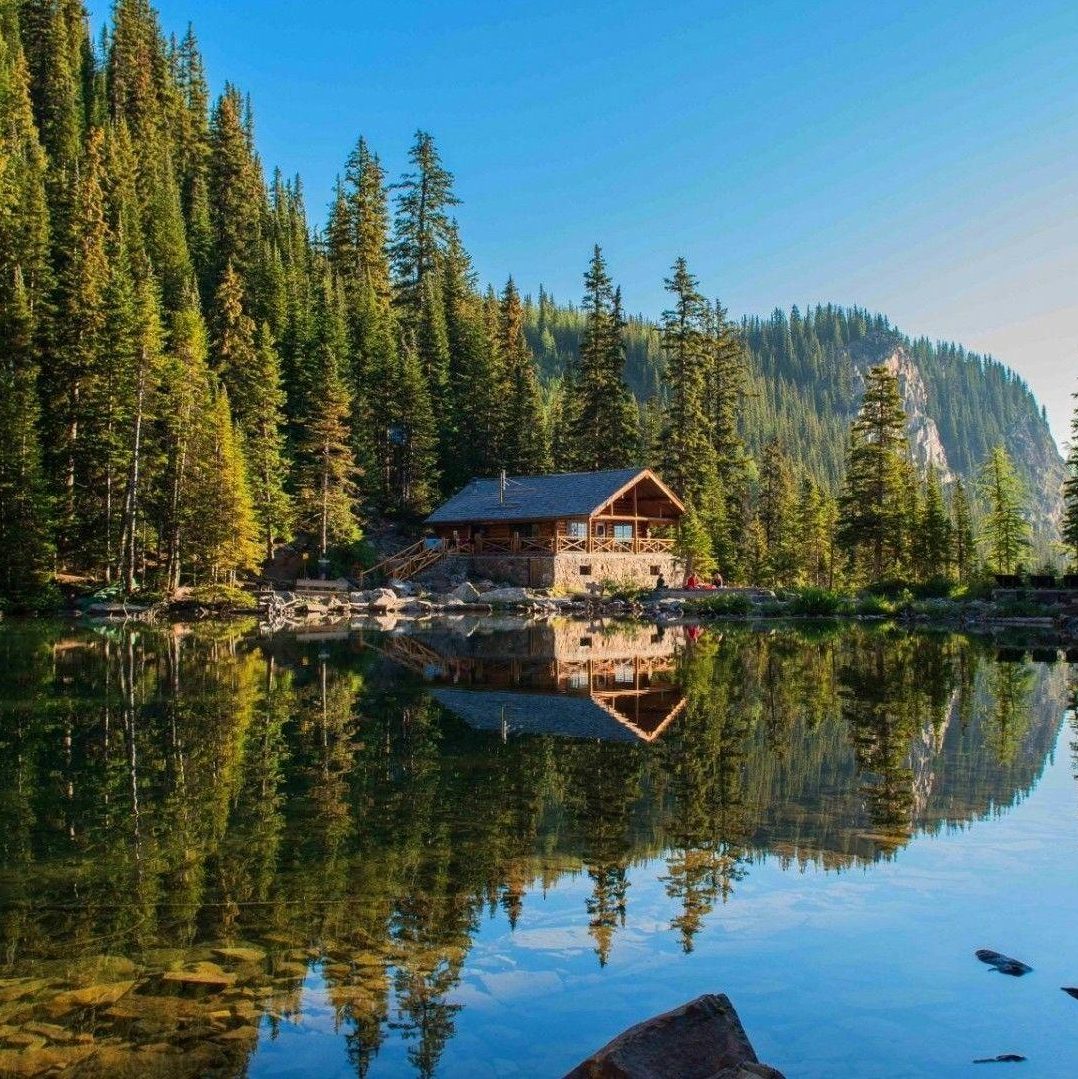The sun is setting on another Michigan summer. Many families are spending their time on a Lake Michigan beach vacation or at the “family cottage”. Many times these cottages stay in the family for generations, and that’s how their owners want it. Planning for the family cottage though requires much thought. Today’s blog will discuss how to pass on the family cottage.
Families should first consider legal costs and family disputes that can happen with poorly managed cottage succession. It can cause an all out family war! How you structure it makes all the difference but it all starts with being realistic.
What if only one family member wants the cottage, but cannot afford the buy out to others? What if family members move too far to use the cottage? What if a child cannot afford the upkeep? What happens during a divorce? What if there is disagreement over renovations or repairs? No matter, you should start your conversations early. Your children may not want the cottage when they understand the long term costs, upkeep and responsibilities.
If they do wish to keep the cottage in the family, I recommend a limited liability company with one person as the manager and no co-owners on the deed. Your cabin is an extension of your estate plan where estate administration, asset distribution, taxation, and other planning are taken into consideration.
While a LLC can be costly, it doesn;t have to be complex. Setting the family cabin succession up in this way allows family members some flexibility to amend things with future changes. It also limits personal liability and creditor protection in the event of a bankruptcy or divorce.
Passing on the family cottage can be a costly, legally complex process, often with many options. If your family wants to keep the cottage, speaking to a lawyer now, about future options is one of the best decisions you can make. I would be pleased to discuss this with you if you
